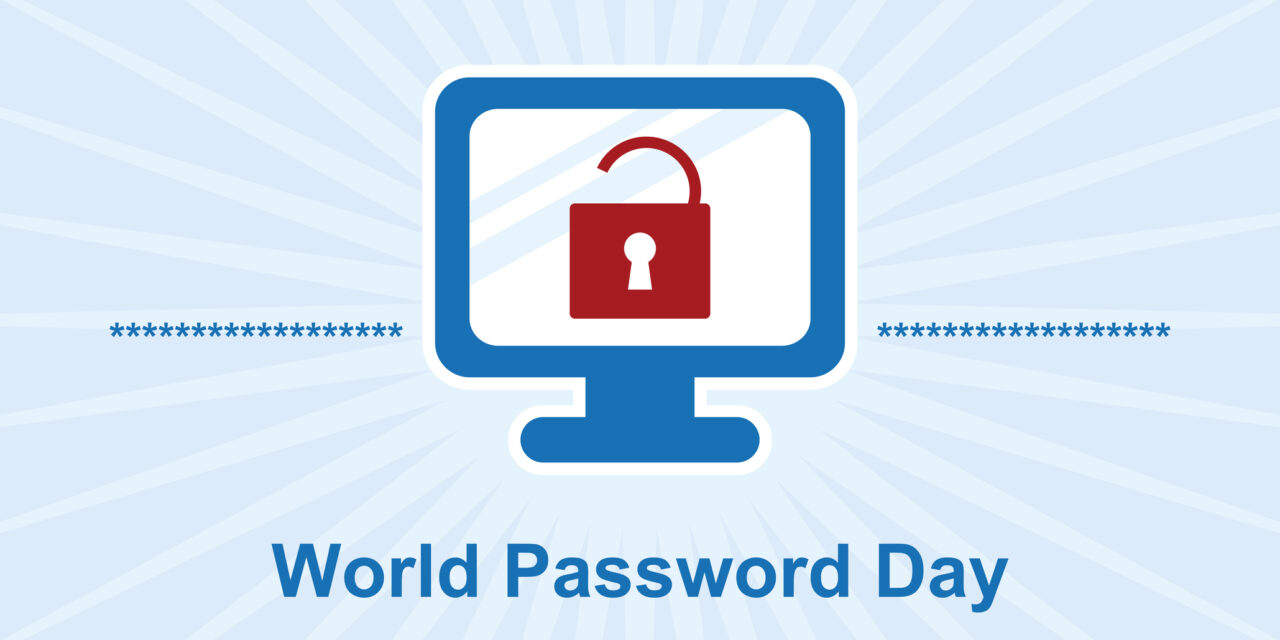Every year on the first Thursday of May, we celebrate World Password Day—a reminder to take our digital security seriously. In an age where data breaches and cyberattacks are increasingly common, your password is often the only thing standing between your private information and cybercriminals.
It’s no different for your National Consumer Panel membership! We want your information to be secure, so today I’m sharing some tips to help keep your account information safe.
🔐 Why Password Security Still Matters
Passwords may seem old-school compared to fingerprint scans, face ID, and two-factor authentication, but they are still the first line of defense for most online accounts. Weak or reused passwords are a hacker’s dream. A majority of security breaches involve the “human element,” which includes phishing attempts, reused passwords, and credentials that are easily guessed.
So, what can you do to minimize the risk of getting hacked?
🔐 Common Mistakes to Avoid
Let’s start with the basics. Some of the most common mistakes include:
- Using personal information like your name, birthdate, or pet’s name.
- Reusing passwords across multiple sites.
- Using common passwords like “123456”, “qwerty”, or “password”.
- Not changing passwords after a breach.
These bad habits make it exponentially easier for cybercriminals to access your accounts.
🔐 Best Practices for Strong Passwords
Want to boost your password game? Here are a few golden rules to follow:
- Use long, complex passwords with a mix of letters, numbers, and symbols.
- Avoid dictionary words or anything easily guessable.
- Don’t reuse passwords—each account should have a unique one.
- Enable Two-Factor Authentication (2FA) or Multi-Factor Authentication (MFA) wherever possible.
- Use a password manager to generate and store strong passwords securely.
🔐 What You Can Do Today
World Password Day is a great time to make sure your online accounts are secure. Here are some steps you can take:
- Audit your current passwords.
- Update weak or reused ones.
- Set up multi-factor authentication on your most critical accounts.
- Install and start using a password manager.
National Consumer Panel requires two-factor authentication (2FA) to be set up in order to make updates to your account information or redeem points for digital gift cards.
2FA is a security process that requires users to provide two different authentication factors to verify their identity. It provides an extra layer of security to ensure people trying to gain access to an online account are who they say they are.
The internet has a lot of positive aspects, but there’s a downside: scammers are always out there trying to take advantage of people. In our video below, James shares some examples of some things to watch out for online.
🔐 Final Thoughts
Cybersecurity starts with you. A strong, unique password is one of the simplest yet most powerful ways to protect your personal and professional data. So let’s celebrate World Password Day by committing to better habits—and encouraging our friends, family, and colleagues to do the same.
What tips do you have for your fellow panel members about staying safe online? I’d love to hear from you in the comments!
Stay safe, stay secure! 🛡️
Regards,
Taylor
More From NCP:
- Stay Cyber Safe
- It’s Cyber Security Month
- NCP Tips: Watch Out For Scams
- Be Aware of Social Media Scams
Blog comment reminder: If you have a panel-related issue that you need assistance with such as a problem with scanning or your rewards, please contact our Panel Support Center directly and they will be happy to assist you! You can reach them at 1-800-962-6700 or email them at [email protected]. You can send a message from NCP’s Facebook page. Please don’t enter panel-related issues or share any personal panel membership information in the blog comment section. Any issues will be addressed faster if you contact our support center directly. Thank you so much!



Saving Money is Important these days. So before it starts to rain we grab the special car soap , car swiffer (a car wash mitt that I slid through the swiffer mop) , & soft brush . Then soap the vehicle up & watch the rain rinse it off . What a shine it leaves !
Like to wash my own cars, it’s fun and less money I have to spend, and I like do things my way.